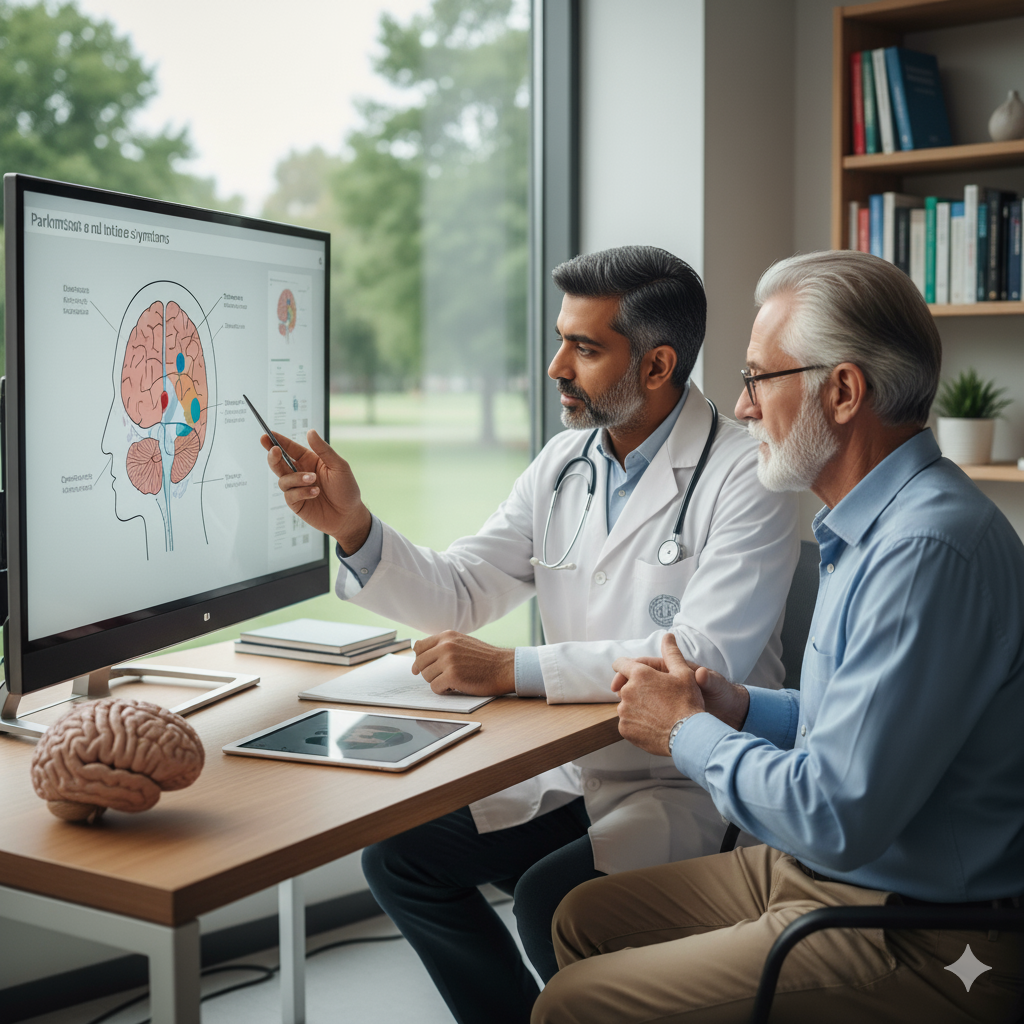

So, your doctor mentioned Parkinson’s disease, or maybe you’re noticing early symptoms like a hand tremor or stiffness. Now you're wondering: What kind of doctor should I see? The answer is more important than you might think.
If you or a loved one is navigating Parkinson’s disease, finding the right doctor can lead to better care, more effective treatments, and a stronger support system. This article will guide you through who a Parkinson’s doctor is, when to see one, and how to find a specialist who meets your needs.
When people refer to a "Parkinson’s doctor," they are typically talking about a neurologist, especially one who focuses on movement disorders.
Let’s break it down:
According to the Parkinson’s Foundation, movement disorder specialists are uniquely qualified to manage Parkinson’s care more precisely and holistically. However, they are less common and may not be available in all areas.
Parkinson’s is a complex and progressive condition. Having a doctor who understands its many nuances can significantly improve your experience. Here’s why:
“It wasn’t until we saw a movement disorder specialist that everything started making sense,” says Brenda, whose father was diagnosed at 67. “The medications worked better, and we finally had a plan.”
The short answer is: as early as possible. If you or a loved one is showing signs of Parkinson’s, don’t wait until symptoms worsen. Seeing a specialist early can make a huge difference in long-term quality of life.
Even if you are not sure the symptoms point to Parkinson’s, it’s worth having them evaluated. Early diagnosis opens the door to earlier treatment and better symptom management.
Start by asking your primary care doctor for a referral to a neurologist or, if possible, a movement disorder specialist. You can also search using trusted online tools and directories.
When evaluating a potential provider, ask questions like:
Seeing a specialist for the first time can feel overwhelming, but it helps to know what to expect.
There is no single test that confirms Parkinson’s. Diagnosis is usually based on clinical signs, symptom history, and how your body responds to medication.
Parkinson’s is a lifelong condition, so the relationship with your doctor should be ongoing. You’ll want someone you feel comfortable with, who listens, communicates clearly, and helps you adjust care as your condition evolves.
Your Parkinson’s doctor should help you:
Navigating Parkinson’s can be challenging, but you don’t have to do it alone. Finding the right doctor sets the stage for better treatment, stronger support, and a more confident journey.
Ready to take action? Use the Parkinson’s Foundation’s specialist locator tool to find a Parkinson’s expert near you, or speak with your doctor about a referral today.
Your health deserves expert attention, and the right care team can make all the difference.

